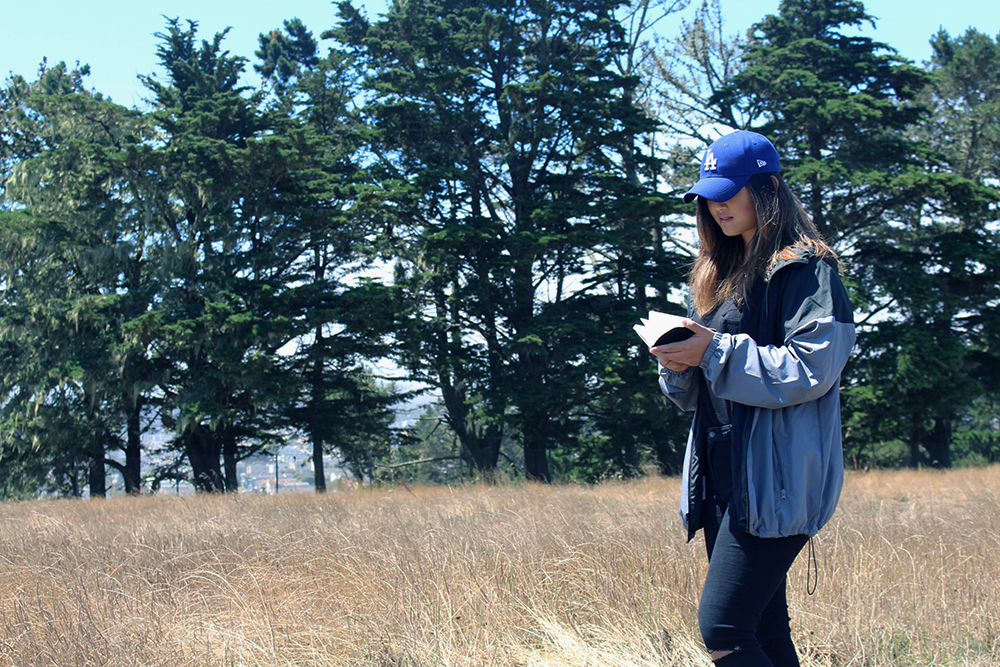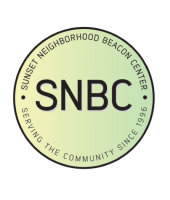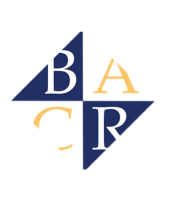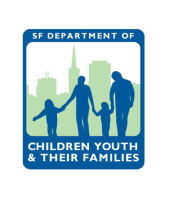First and foremost, unless you are well versed in the stories of the DC Comics world and in Wonder Woman’s character, there will be spoilers in my analysis. Wonder Woman is an amazing movie that presents many incredible themes, but I will be focusing on one that relates to issues with humanity. I highly recommend that you watch this movie because I know that you will have an amazing time surrounded by fans of all ages. But for now, relax, eat some snacks, and partake in a journey with me to both the fictitious world of Themyscira and the absolute world of Earth.
Dictionary.com defines humanity as “the quality or condition of being human and humane”. But what exactly does it mean to be human? In a utopian world, everyone would supposedly get along with each other and live in perfect harmony, but we all know that this scenario could never truly occur on our Earth. The conceptual theme of good versus evil pops up everywhere, from video game characters to politics. Two very influential philosophers, with their differing views, interpret this idea in their own way. Before I begin, I should disclaim that you’re going to get a very small history lesson, but at least this proves that I learned something in my AP European History class (well, hopefully).
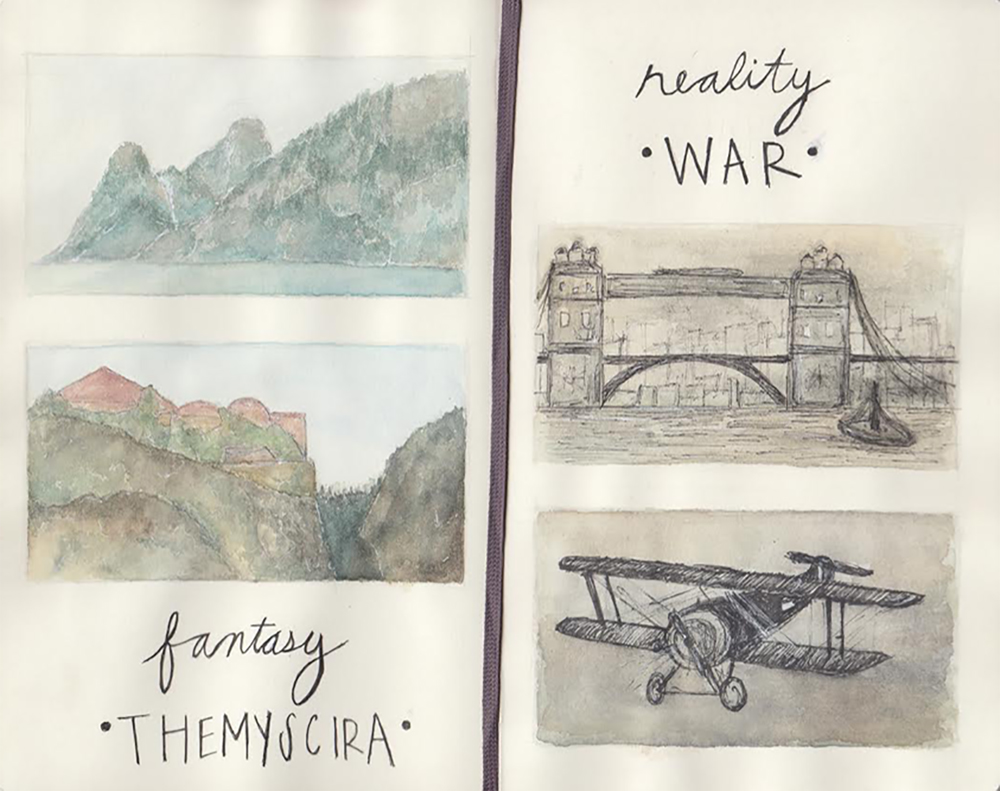
Good ol’ Rousseau, one of the frontrunners of the Enlightenment, believed in the idea that people were inherently good, but also believed that the collective society was inherently evil. Thomas Hobbes thought otherwise; he believed that people were inherently bad, with a pure and good collective society saving us mortals from unleashing the beast within. Although I agree more with Rousseau’s philosophy, both their arguments bring up important ideas. Humans, susceptible to a myriad of ideas, can either be plagued or enlightened by the information that they have to process. Rousseau and all those who follow his teachings see the purity and innocence in people morphed into a completely different being by their peers, their family, and overall, the global community. Hobbes, along with his followers, see people as intrinsically evil and disingenuous individuals that are ultimately saved by the teachings of a virtuous society.
In his book, the Social Contract ,Rousseau states, “Man was born free, and he is everywhere in chains”. In many ways, this sentence directly represents the overarching theme in Wonder Woman. Throughout her whole life, Diana had been solely influenced by the stories and philosophies of the Amazons. She lived by their mantra, fought and trained everyday to be prepared for any future invasions of their homeland. Despite this, Diana had never personally seen the horrors of war, and shockingly, of everyday life outside Themyscira. The small bubble of Paradise Island both shielded and hindered her from experiencing the majority of human life. Her innocence, naïveté, and optimism prevents her from seeing anything but the best in people and in humanity. When she joins the mission to end WWI, her sole purpose is to defeat the villain. I won’t name names, since this could be a huge spoiler for anyone avoiding them. With the defeat of this nemesis, Diana believed that the war, and in turn death, would end, but to her utter shock, soldiers continued to fight and kill each other; the war didn’t end when she’d expected it to. She came from a world of unison, only to encounter another full of pain, distrust, and contention. Diana, shocked by the sufferings of war, is forced to come to terms with the idea that her ideal world may not necessarily be found in her new surroundings.
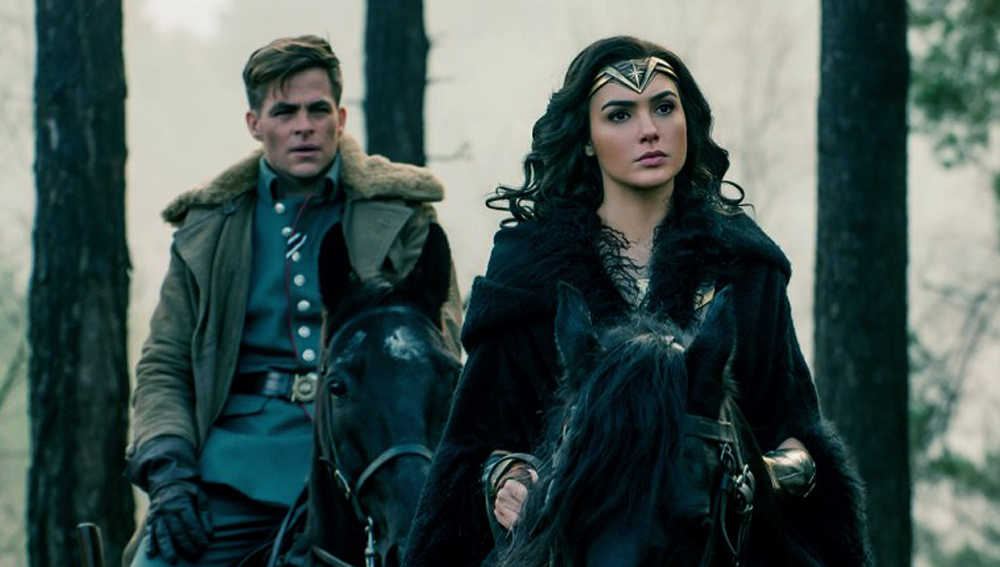
Throughout the different areas of the war, many people, plagued with hateful ideas, fought for their own selfish and terrible mantras. Diana’s failure to understand this alters her perception of reality. In Themyscira, the Amazons live by a code of selflessness, bravery, and womanhood, but when she charges into the depths of WWI, Diana learns that some people simply can not uphold the ideas that she stood by all her life. She believed that by “freeing” the soldiers from the control of the villain, she would be able to bring the turmoiled land back to peace, but she realizes that these soldiers, in a sense, could only be freed from themselves.
People fight each other, sometimes not for the greater good, but to surpass each other during the race to ultimate power and dominance. Each person, born into different families and environments, has different mindsets about life, politics, religion, etc. These differences may make communities unique, but it often prevents those within to reach out and expose themselves to new ideas and cultures. This issue, I believe, is a major flaw in humanity.
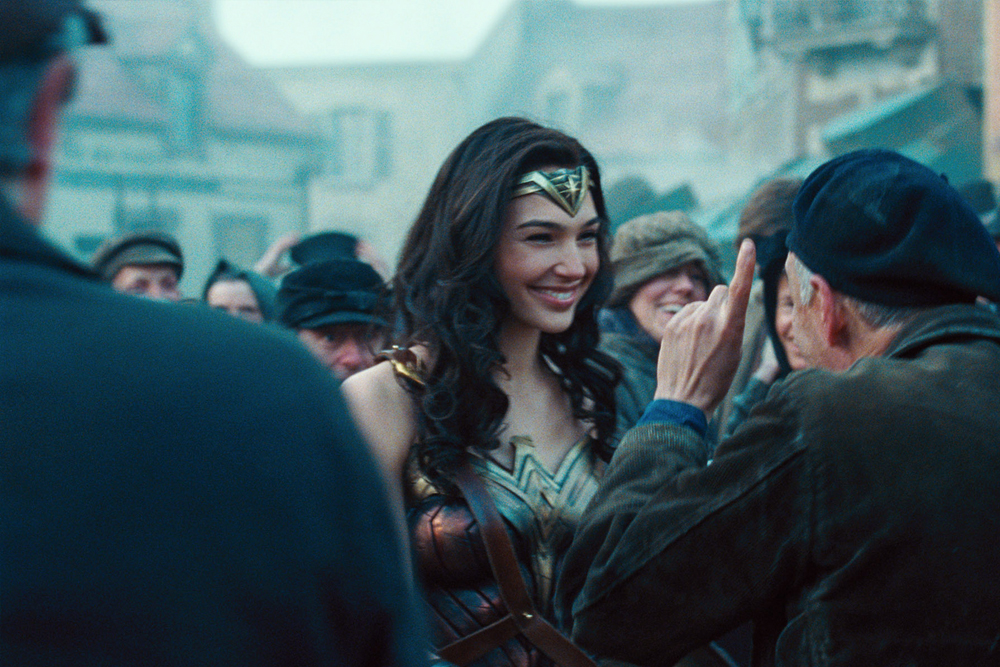
Diana’s shortcomings bring up important ideas about allowing oneself to experience the world. I’ve always believed that in order for a person to grow, they must go beyond “the reef” (Moana reference), to discover and absorb the plethora of impactful information present in the rest of the world. Growth is the product of countless “miles” of journeys that develop a person’s unique understanding of the many cultures, obstacles, and the truly human aspects in our global community (perfect song that relates to this is Colors of the Wind in Pocahontas). If I were to sit at my computer all day for the next fifty years, sure, I would be gathering a lot of data through websites and blogs, but I wouldn’t truly be experiencing what life has to offer. For example, I participated in a study abroad trip to Vietnam last summer to study environmentalism. I could have simply read all about this country through handbooks, history textbooks, and the Internet, but without the physical experience of the trip, I would’ve never been able to say that I helped replant mangrove trees in their once lush forests, built a biogas digester for a family in Hoa An, and met tons of amazing and life-changing people that altered the way I perceive life. Interaction, whether it be with nature, animals, new places, or new people themselves, is a key component to one’s learning about the importance of the things they are experiencing. A person’s reluctance to adapt, to grow, to change, and to learn prevents them from truly accessing the “global encyclopedia” provided by the many cultures and civilizations on Earth. Only when people begin hearing and understanding – even if not necessarily agreeing with – the story from multiple points of view will they, just like Diana, evolve.

